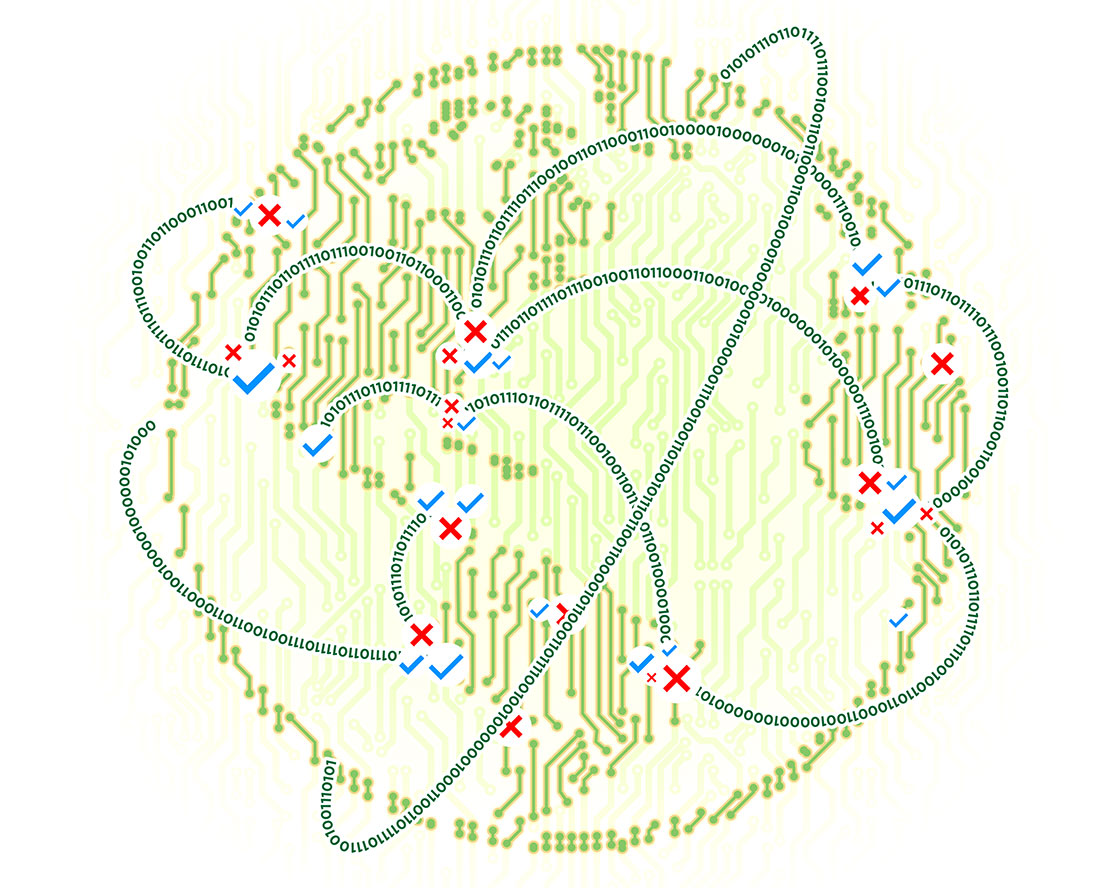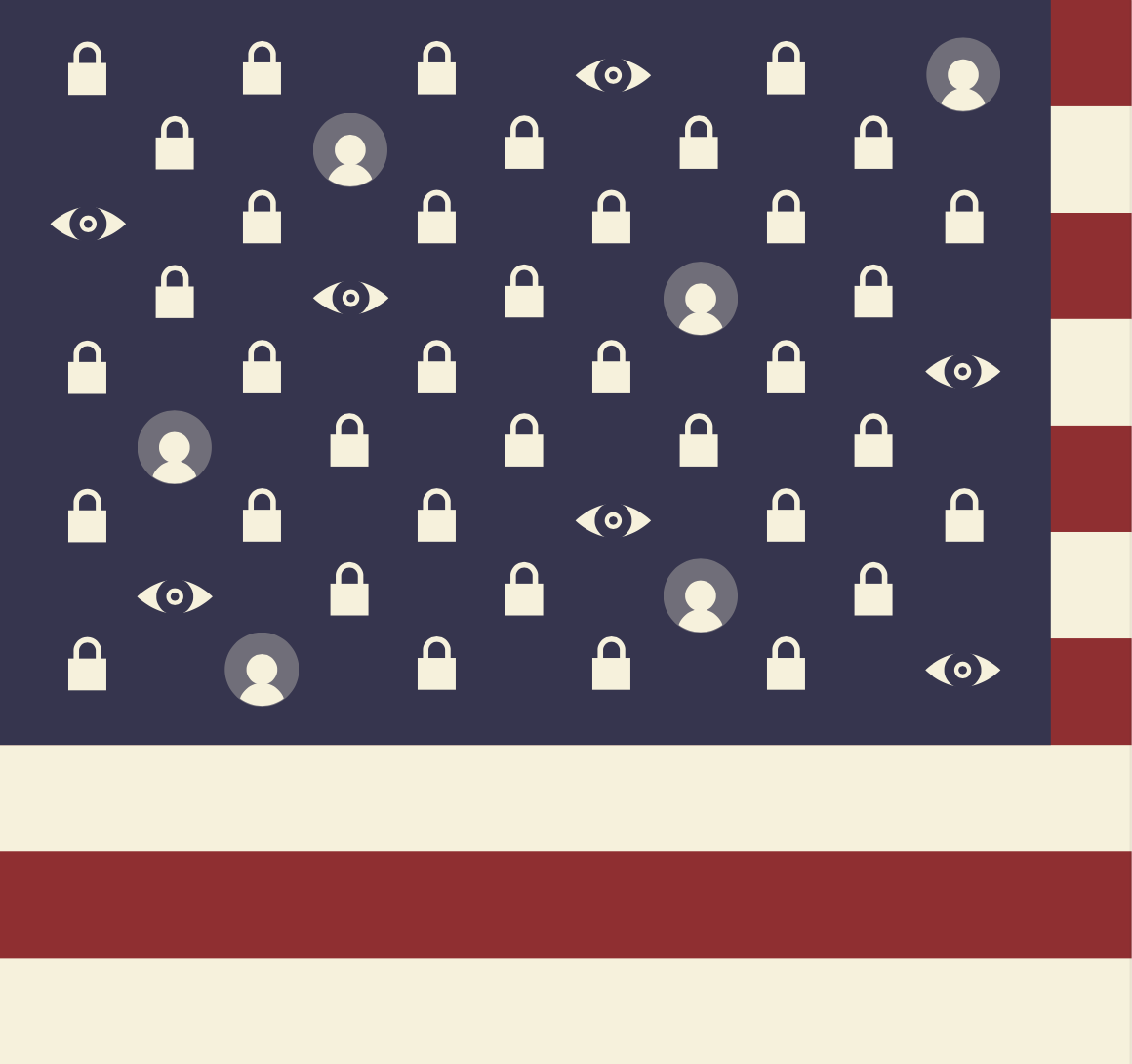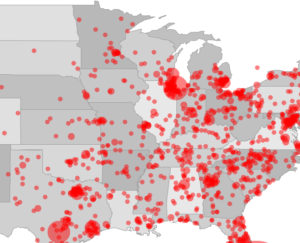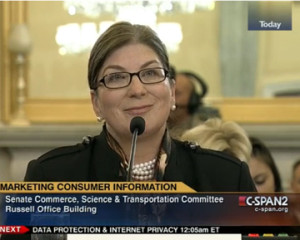World Privacy Forum’s Top Ten Opt Out List
Top ten opt out list — This is a list of what top things to opt out of, and how to opt out. Millions of people have heard about the Do Not Call list, an opt out list that gets people off of telemarketing lists. But many fewer people have heard about the other opt outs that are available, like those that can take people out of data broker lists or opt outs that can stop schools from giving out directory information like email and home addresses. Opting out can range from the not-too-difficult (the Do Not Call list is a fairly simple opt out) to the challenging. This list is meant to simplify the information about which opt out does what, to help decide if a particular opt out is the right choice, and how to go about opting out.





